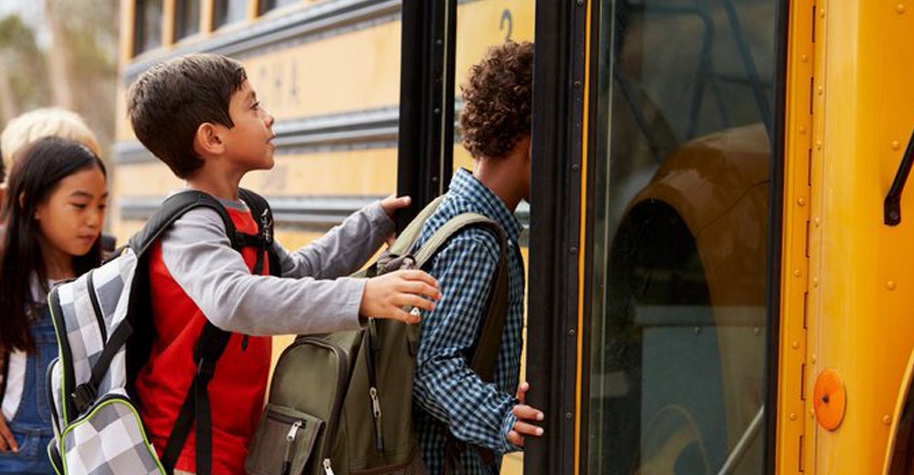Introduction
Emergencies can be unsettling and distressing for children, making it essential for parents and caregivers to provide the necessary support and guidance. Whether it’s a natural disaster, a medical emergency, or a sudden unexpected event, children look to adults for reassurance and stability during uncertain times. This article explores effective strategies to help children cope with emergencies, ensuring their emotional well-being and resilience.

- Open Communication
Maintaining open and honest communication is crucial during emergencies. Use age-appropriate language to explain the situation in a calm and reassuring manner. Encourage children to ask questions and express their feelings, providing them with a sense of control and understanding.
- Offer Reassurance
Reassure children that they are safe and that adults are working to keep them protected. Share information about the steps being taken to address the emergency and emphasize that they are not alone in facing challenges.
- Stay Calm
Children often mirror the emotional responses of adults. Staying calm and composed sends a message of stability and security. Practice self-care and manage your own stress to model effective coping strategies for children.
- Create a Sense of Routine
Maintain a semblance of routine amidst the chaos. Familiar activities and schedules can provide a sense of normalcy and comfort during uncertain times.
- Limit Exposure to Media
Protect children from excessive exposure to news coverage and images of the emergency. Graphic or repetitive content can increase anxiety and confusion.
- Address Their Emotions
Acknowledge and validate children’s feelings. Let them know that it’s okay to feel scared, anxious, or confused. Encourage them to express their emotions through drawing, talking, or writing.
- Engage in Calming Activities
Participate in calming activities such as reading, drawing, playing games, or doing breathing exercises. These activities help redirect anxious thoughts and provide moments of relaxation.
- Stay Connected
Encourage children to stay connected with friends and family, even if it’s through virtual means. Social connections provide a sense of support and camaraderie.
- Prepare and Practice
Teach children about emergency preparedness before an event occurs. Practice evacuation drills and discuss safety protocols to empower them with knowledge and confidence.
- Seek Professional Help if Needed
If a child’s reactions to the emergency persist and significantly impact their well-being, consider seeking support from mental health professionals who specialize in working with children.
Conclusion
Helping children cope with emergencies is a responsibility that requires patience, understanding, and empathy. By maintaining open communication, providing reassurance, and fostering a sense of routine, adults can guide children through challenging times and help them build resilience. Supporting children’s emotional well-being during emergencies contributes to their overall mental health and equips them with valuable coping skills for future situations.